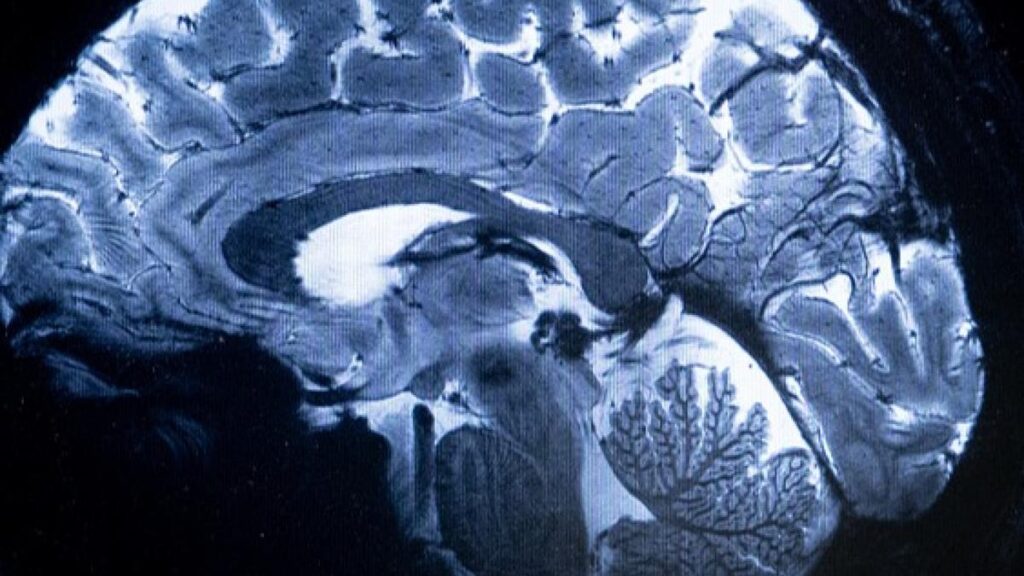
New reports confirm that poor heart health in middle age significantly increases the risk of developing dementia later in life. A groundbreaking study from University College London (UCL) reveals that individuals in their 40s, 50s, and 60s with hidden heart damage are 38 percent more likely to face cognitive decline decades down the line. This urgent finding underscores the critical link between cardiovascular and brain health.
Published in the European Heart Journal and funded by the British Heart Foundation (BHF), the research highlights how early warning signs of heart issues can manifest as much as 25 years before dementia is diagnosed. Scientists measured levels of a protein called troponin, which is released into the bloodstream when heart muscle is damaged. Even slight elevations in troponin levels, typically associated with heart attacks, pointed to ongoing heart stress in otherwise healthy individuals, raising alarms about future cognitive decline.
The comprehensive study tracked nearly 6,000 civil servants over a span of 25 years. Those who eventually developed dementia consistently exhibited higher troponin levels long before any symptoms appeared. Brain scans conducted later revealed that participants with elevated troponin also had smaller hippocampi—an essential brain region for memory—15 years after initial measurements.
Professor Bryan Williams, chief scientific and medical officer at the BHF, emphasized the study’s significance, stating, “This study is an important reminder that our heart and brain health are inseparable. Damage in midlife can set the stage for decline decades later.”
Lead author Professor Eric Brunner added, “Dementia develops slowly over many years. Controlling midlife risks like high blood pressure could slow or even stop both heart and brain disease.” This alarming revelation highlights the urgent need for individuals to take proactive steps in maintaining their health.
Experts stress the importance of adopting a healthy lifestyle to mitigate these risks. Regular exercise, a balanced diet, weight management, and avoiding smoking are critical strategies for safeguarding both heart and mind as we age.
As this study gains traction, it serves as a wake-up call for middle-aged adults to be vigilant about their cardiovascular health. The implications of these findings are profound, urging both individuals and healthcare providers to prioritize heart health to potentially stave off dementia in the future.
Stay tuned for more updates as the conversation around this critical research continues to unfold.





